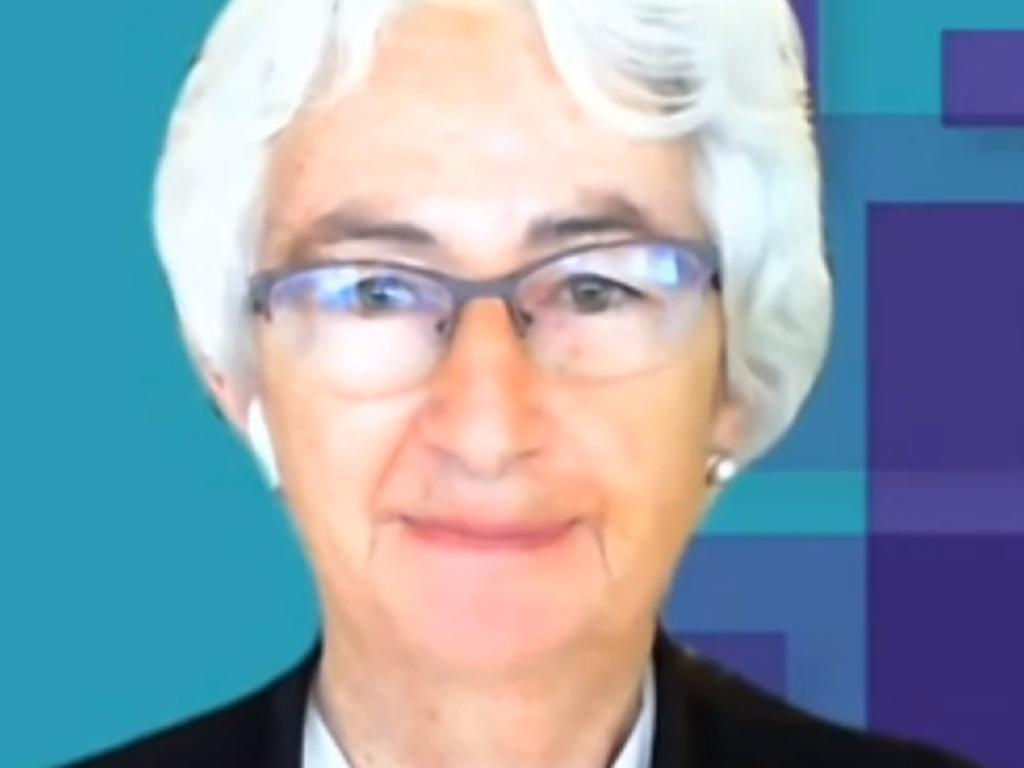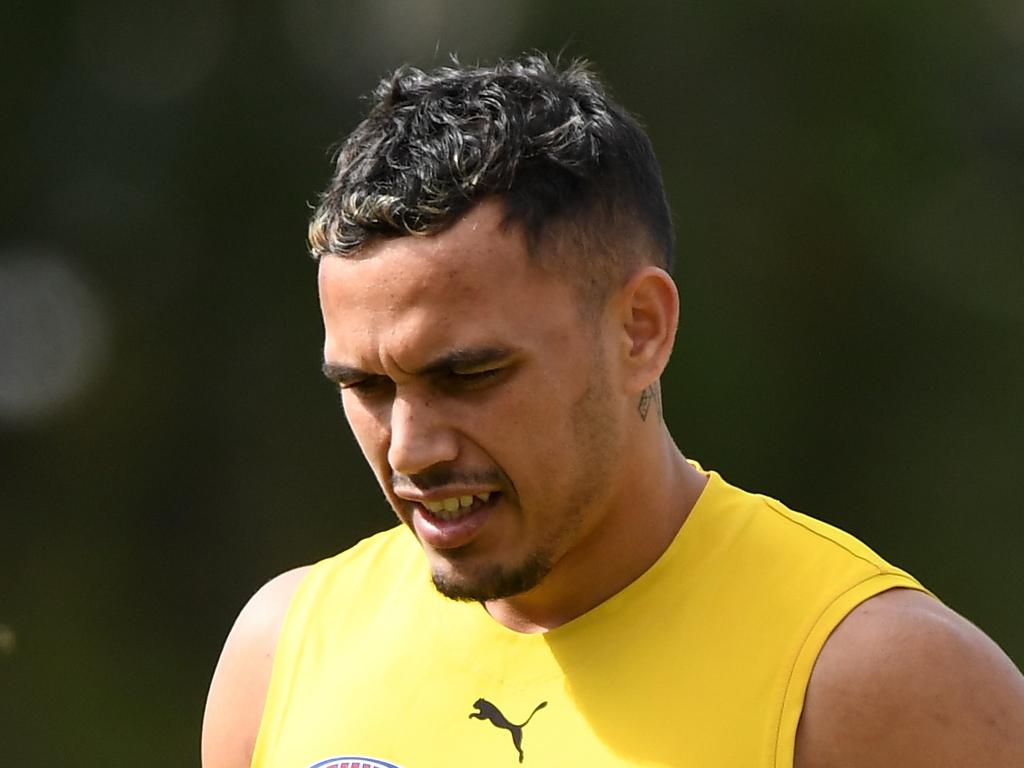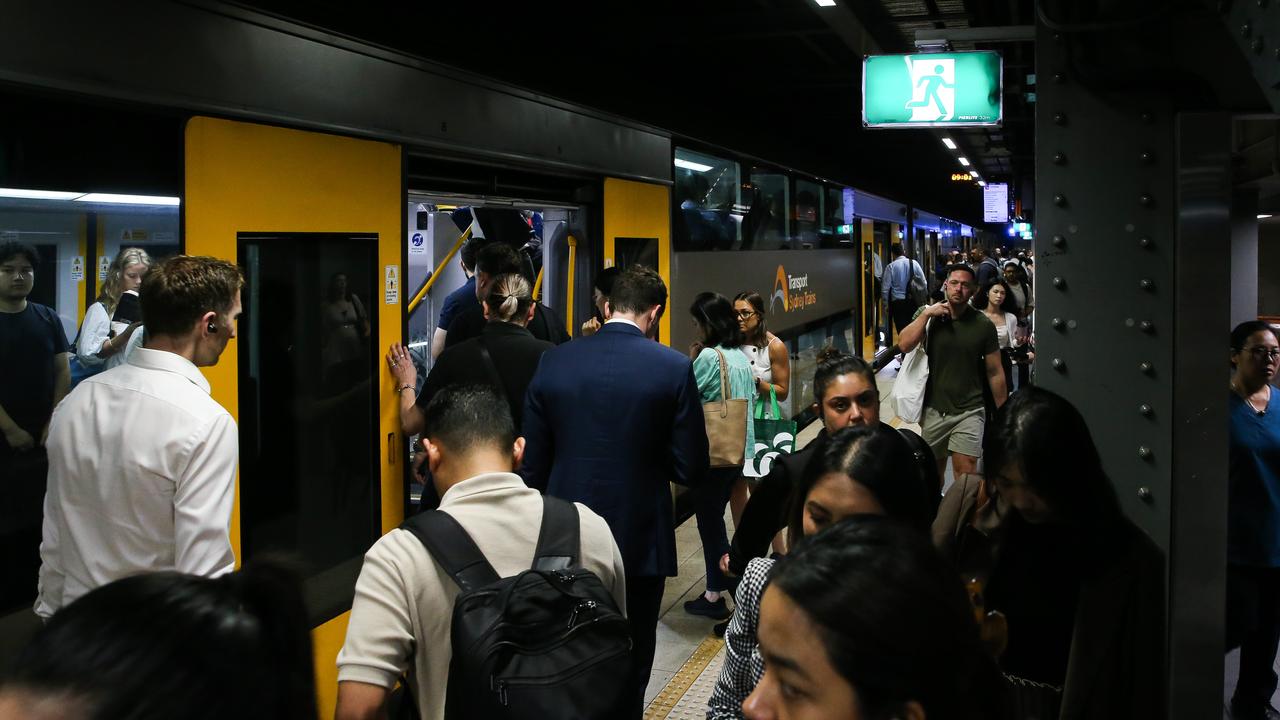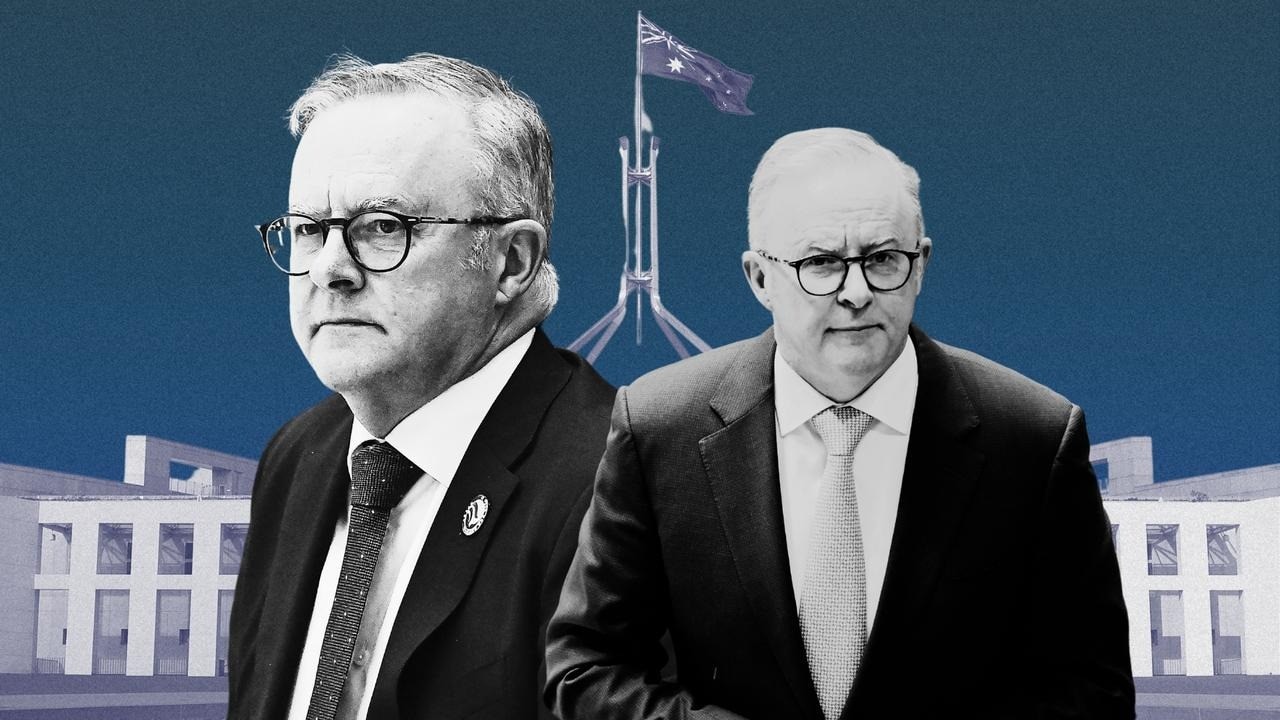Hotel quarantine inquiry report: ‘Master of deflection’ Daniel Andrews blames bad culture
Daniel Andrews apologises for second wave that claimed more than 800 lives, saying ‘culture change’ needed within bureaucracy.
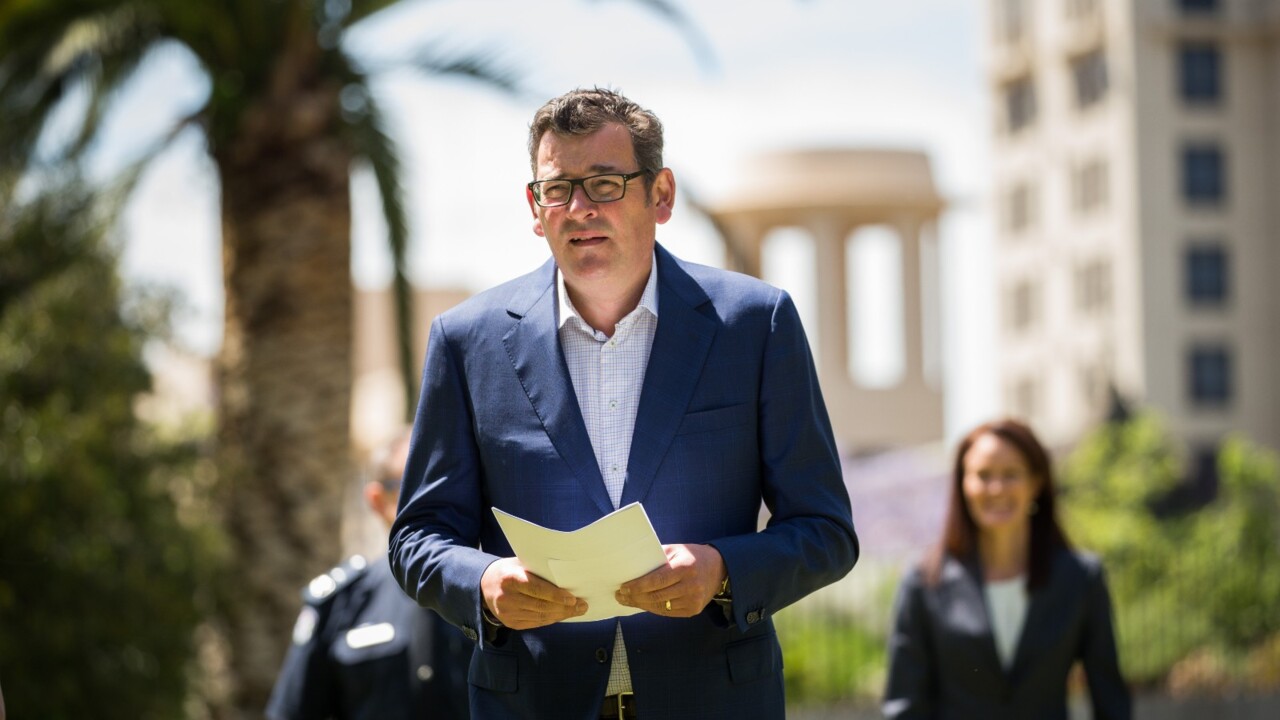
Daniel Andrews has conceded a scathing report handed down by the hotel quarantine inquiry shows a bureaucracy riddled with a poor culture was responsible for Victoria’s deadly COVID-19 crisis — as his former health minister accused her one-time political ally of “political deflection”.
The Victorian Premier apologised for the second wave that claimed more than 800 lives and said a “culture change” was needed within the state’s bureaucracy.
The inquiry, led by former Family Court judge Jennifer Coate, found the lack of any approval for use of guards would “shock the public”. She singled out former Victoria Police commissioner Graham Ashton for expressing a “preference” that private security should be used.
Ms Coate found bureaucrats had decided to engage private security without any oversight “nor a transparent rationale” and failed to take control of the hotel quarantine scheme.
In a dramatic intervention, Ms Mikakos called for Mr Andrews’ phone records on the day the program was established to be released and described his comments as “another masterclass in political deflection”. “I believe Victorians deserve to know the truth about an event that has so profoundly impacted them,” she said.
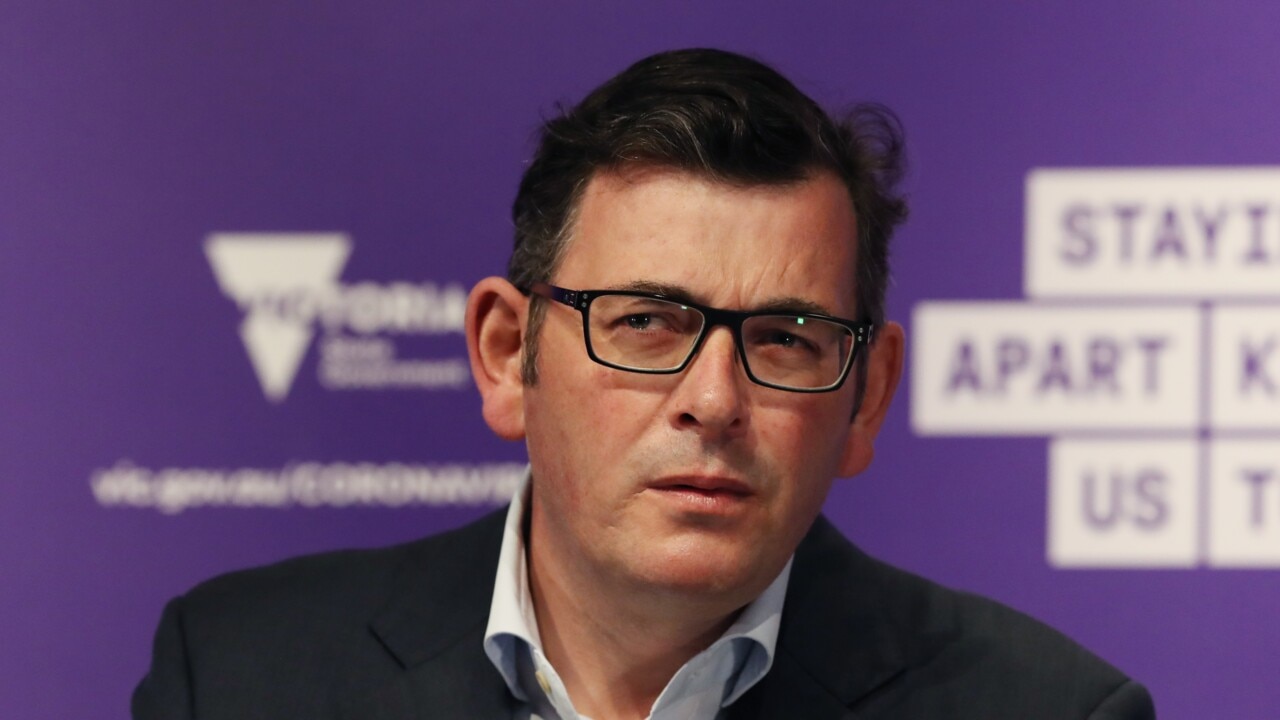
She added that it was disappointing the inquiry had redacted some phone records, “including the Premier’s calls in their entirety”, which needed to be released in the interests of “public transparency”.
Mr Ashton distanced himself from the decision to hire private security — blamed for allowing the virus to spread across Melbourne and kill hundreds of people. “Disappointingly, that person (who made the decision) seems determined to remain anonymous,” he told The Australian.
Mr Ashton, a star witness at the Coate inquiry, sent a message to AFP commissioner Reece Kershaw on March 27 as the program was being established telling him he thought it was the Department of Premier and Cabinet that had set up a deal to use private security at the quarantine hotels.
In her findings, Ms Coate said police and not private security should have guarded returning travellers, while the refusal by DHHS to take charge on quarantine sites “left brewing the disaster that tragically came to be”.
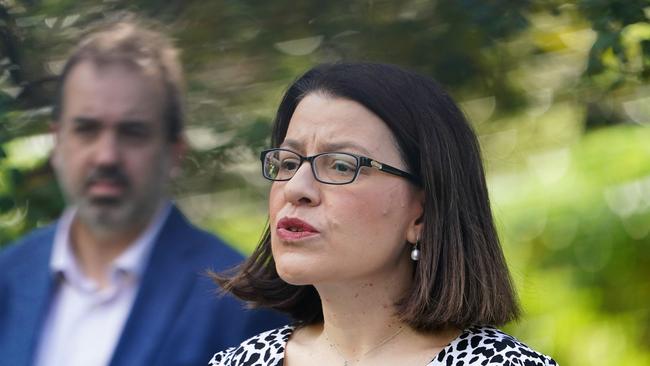
Ms Coate said the quarantine scheme’s complex and high-risk environment was left without the control agency, being DHHS, taking its leadership role, which included the need to provide on-site supervision and management.
“This should have been seen as essential to an inherently dangerous environment,” she said. “That such a situation developed and was not apparent as a danger until after the two outbreaks, tragically illustrated the lack of proper leadership and oversight, and the perils this created.”
Ms Mikakos insisted she was “profoundly disappointed” that she was not adequately briefed by DHHS officials on the program and that Chief Health Officer Brett Sutton had not raise his concerns about the program with her.
Mr Andrews, who has already split the DHHS into two departments and accepted the resignation of its secretary Kym Peake, said his “commitment is not only to apologise … but to also offer my commitment to make sure we do everything we possibly can to learn these lessons”.
“If I could go back and get a daily update, as I do now, about everything that’s going on in hotel quarantine, I would,” Mr Andrews said on Monday.
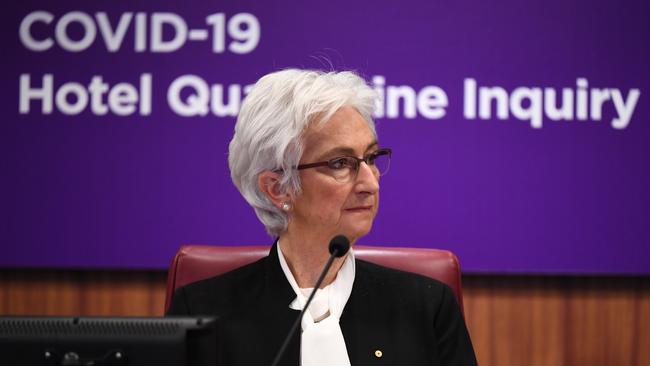
“We have a steely resolve and a commitment to remedy those errors, those culture problems, those administrative problems, to ensure this can never — regardless of the circumstance — happen again.”
Ms Coate said it would be unfair to judge Victoria for a lack of planning for a mandatory quarantine program given the commonwealth had neither recommended nor developed such a plan despite undertaking a review of health responses in the wake of the 2009 swine flu pandemic. That review recommended the roles and responsibilities of all governments for the management of people in quarantine, at home and in other accommodation, during a pandemic, should be clarified.
After the review was published in 2011, work on policy regarding quarantine and isolation was not undertaken.
Ms Coate found former Department of Premier and Cabinet secretary Chris Eccles, in a phone conversation with Mr Ashton, was “the one to mention private security as (at least) an option”.
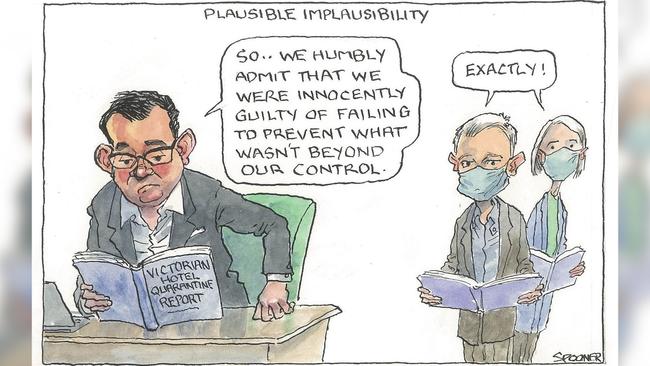
Quarantine breaches by guards in two quarantine hotels in May and June led to the state’s second wave of coronavirus, killing 801 people including 642 in aged care facilities, causing more than 18,000 to become infected, and resulting in a 3½-month lockdown.
Ms Coate concluded that “while no request was made to Victoria Police to provide the ‘first tier’ of the enforcement model for hotel quarantine, the then Chief Commissioner of Police was consulted and expressed a preference that private security perform that role and Victoria Police provide the ‘back up’ for that model”.
“That position, expressed by the senior police representative present at the (state control centre) meeting that afternoon, was clearly persuasive to those at the meeting,” Ms Coate’s report released on Monday found. “There being no particular discussion or dissent, this set in motion the actions, that evening … to commence contractual engagement with three security firms”.



